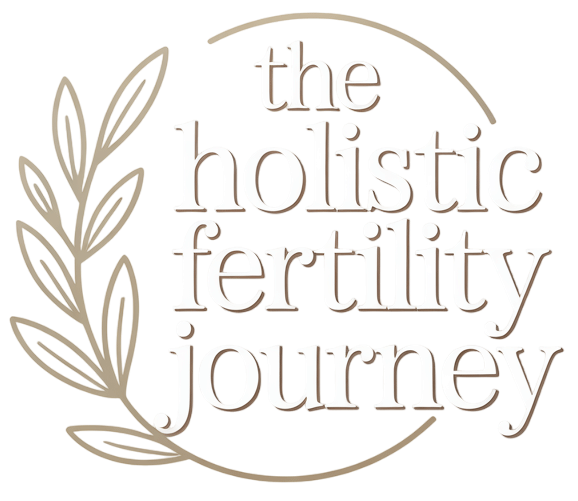Listening to Your Body and Trusting the Process
Each fertility journey is unique, and bodies respond differently to specific dietary changes. The holistic way is compassionate and patient—gently tuning into your body, noticing how you feel, and making choices that feel supportive for you. If you have specific health concerns or are managing a condition (like endometriosis, PCOS, or food sensitivities), working with a nutritionist or naturopathic doctor can help tailor guidance even further.
Ultimately, healthy fats are not just about numbers or labels—they are a vital thread in the tapestry of fertility, hormone harmony, emotional resilience, and overall well-being. Embracing the right kind of fats is one of the most nurturing acts you can offer yourself, wherever you may be on this journey.
